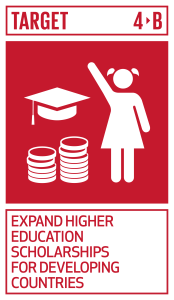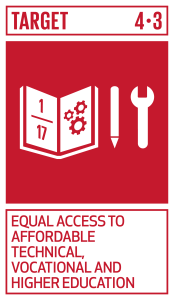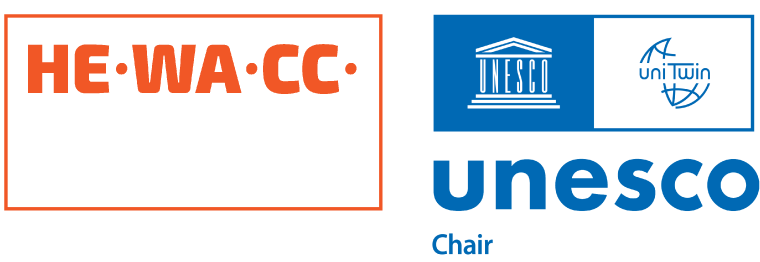Within its work plan, HEWACC will give priority to capacity building with HESD education and awareness- raising programmes, and to development of national and international collaborative, fieldbased research projects and professional training. It will evolve teaching courses, outreach activities and undertake research leading to publications.
As an institutional research-based initiative, HEWACC expects to play an important role for facilitating sustainable development at local, national and international levels by addressing sustainability through its core functions of education, research and outreach.
At the institutional level, HEWACC will help to realise aspects of sustainability within the university itself, implementing education, awareness-raising, and training modules in H3PAHESD programme. It’ll be promoting inter-university cooperation and networking to enhance institutional capacities through knowledge sharing and collaborative work. Field-based research projects will be promoting educational, socio-economic and cultural development at local, national, regional, global levels.
Woull be summarized as follows:




Haliç University aims to draw attention to global problems with its academic studies and research and to produce solutions through international agreements. The university’s studies focusing on heritage, water and climate change in this context have gained a global dimension with the cooperation with UNESCO.